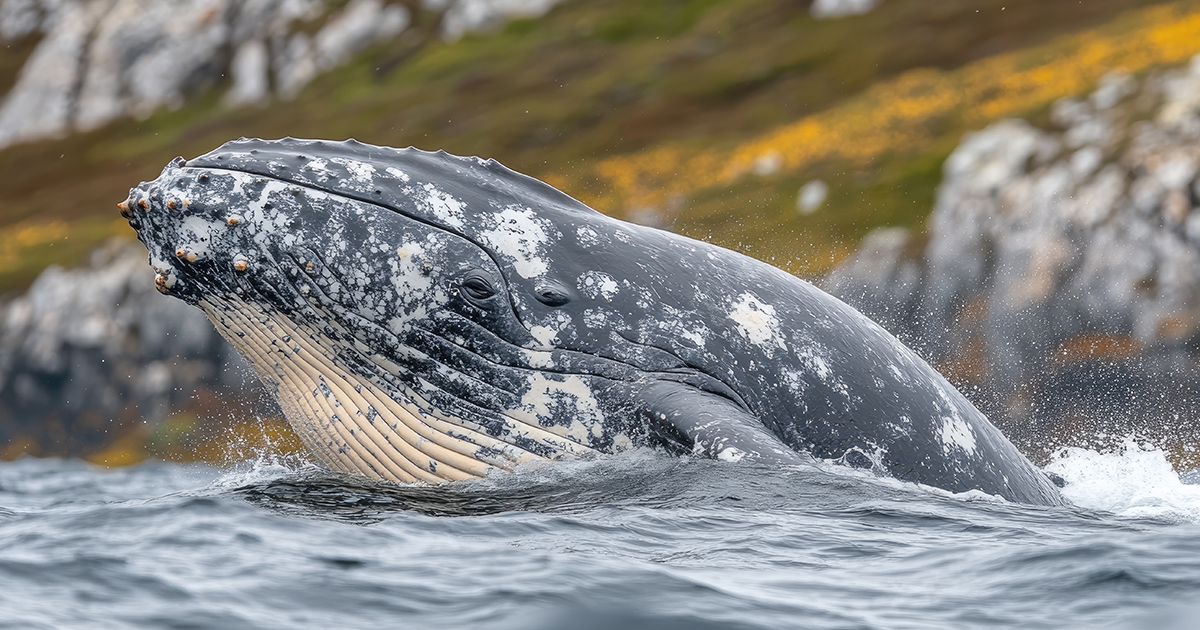Pathology of Marine Large Vertebrates
A special issue of Veterinary Sciences (ISSN 2306-7381).
Deadline for manuscript submissions: closed (15 October 2025) | Viewed by 1933

Special Issue Editors
Interests: marine mammal pathology and diseases; new techniques; cell culture techniques
Special Issues, Collections and Topics in MDPI journals
2. National Interuniversity Consortium for Marine Sciences (CoNISMa), 00196 Roma, Italy
Interests: marine animal pathology; anthropic threats; conservation policy
Special Issues, Collections and Topics in MDPI journals
Special Issue Information
Dear Colleagues,
Marine animals play a vital role in maintaining ecosystems and are essential indicators of environmental health. However, they face numerous threats, including pollution, climate change, habitat degradation, and emerging infectious diseases. This Special Issue, entitled “Pathology of Marine Large Vertebrates”, focuses on advancing our understanding of the diseases, disorders, and pathological conditions affecting marine species, including mammals, reptiles, and elasmobranchs. The aim is to explore the intricate relationships between aquatic animal health, environmental factors, and anthropogenic stressors under a One Health perspective. Submissions addressing pathological findings, disease diagnostics, host-pathogen interactions, toxicological impacts, physiological changes, and the effects of climate change on marine large vertebrate health are highly encouraged. Contributions to innovative diagnostic techniques, epidemiological studies, and case reports shedding light on rare or novel conditions are also welcome. By compiling the latest research, this Special Issue seeks to foster interdisciplinary collaboration and provide valuable insights for veterinarians, marine biologists, ecologists, and policymakers. These contributions can enhance policy and conservation efforts, improve disease management strategies, and protect the health of marine species in a rapidly changing world. We invite researchers to contribute original articles, reviews, and case studies that highlight advances in the pathology of aquatic animals and their implications for ecosystem health.
Dr. Cinzia Centelleghe
Dr. Guido Pietroluongo
Guest Editors
Manuscript Submission Information
Manuscripts should be submitted online at www.mdpi.com by registering and logging in to this website. Once you are registered, click here to go to the submission form. Manuscripts can be submitted until the deadline. All submissions that pass pre-check are peer-reviewed. Accepted papers will be published continuously in the journal (as soon as accepted) and will be listed together on the special issue website. Research articles, review articles as well as short communications are invited. For planned papers, a title and short abstract (about 250 words) can be sent to the Editorial Office for assessment.
Submitted manuscripts should not have been published previously, nor be under consideration for publication elsewhere (except conference proceedings papers). All manuscripts are thoroughly refereed through a single-blind peer-review process. A guide for authors and other relevant information for submission of manuscripts is available on the Instructions for Authors page. Veterinary Sciences is an international peer-reviewed open access monthly journal published by MDPI.
Please visit the Instructions for Authors page before submitting a manuscript. The Article Processing Charge (APC) for publication in this open access journal is 2100 CHF (Swiss Francs). Submitted papers should be well formatted and use good English. Authors may use MDPI's English editing service prior to publication or during author revisions.
Keywords
- marine animals
- pathology
- veterinary histology
- health surveillance
- marine disease
Benefits of Publishing in a Special Issue
- Ease of navigation: Grouping papers by topic helps scholars navigate broad scope journals more efficiently.
- Greater discoverability: Special Issues support the reach and impact of scientific research. Articles in Special Issues are more discoverable and cited more frequently.
- Expansion of research network: Special Issues facilitate connections among authors, fostering scientific collaborations.
- External promotion: Articles in Special Issues are often promoted through the journal's social media, increasing their visibility.
- Reprint: MDPI Books provides the opportunity to republish successful Special Issues in book format, both online and in print.
Further information on MDPI's Special Issue policies can be found here.







